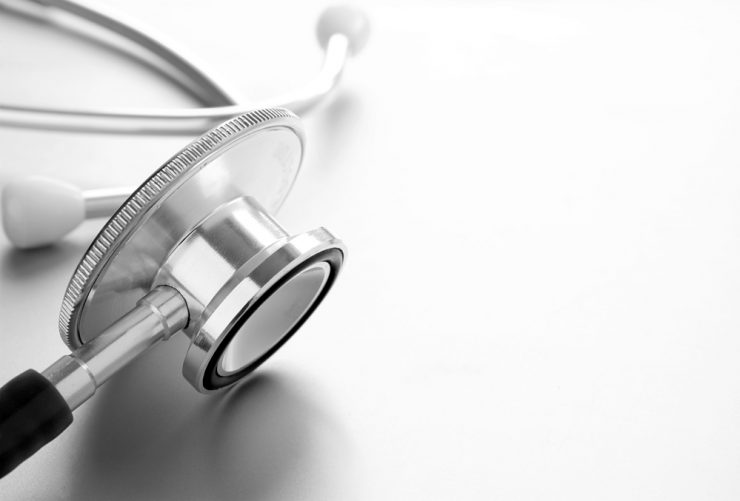Causes:
An error in genetic code which programmes body functions causes Huntington’s disease. Error is present in defective gene of chromosome four. Protein is produced by this defective gene called as Huntingtin. Inheritance pattern of Huntington’s is known as autosomal dominant. This defect causes the preparation of brain enzyme or proteins, which are involved in producing brain chemicals leading to damage in loss of nerve cells in few areas of brain. There are 50-50 chances for the child to develop this condition as the parent has copies of one faulty and one good gene. It tends to be more severe if it is inherited from father. Recently, in 3% cases there are no history of this disease in the family. This can be because of genetic mutation which is new, relatives with this condition died early or adoption.
Diagnosis:
In case if anyone is showing signs of this condition, diagnosis can be done by genetic testing. Computerised tomography (CT scan) or Magnetic resonance imaging (MRI) can be used later to check affected brain areas. Genetic test is also recommended to children of people with this condition. In case they too have inherited, this will develop into Huntington’s in later years and it will not be appropriate to exactly tell at what age. You may need to visit the Regional Genetic Clinic wherein couple of blood tests with some counselling sessions will be given to you. The results of the blood test shall be given in 6-4 week’s time. Some people may choose not to do the test to know in case they have Huntington’s as they want to lead a normal life and not be in constant pressure for the symptoms to begin. Mostly everyone with this condition lives 40 years of healthy normal life prior to the development of the disease. Genetic test of an unborn child can also be done in the initial stage of pregnancy in case the parents are having the condition. However testing isn’t 100% correct.
Treatment
Huntington’s disease does not have any cure as of now. The development of the disease cannot be reduced or reversed. Treatment can help in controlling the symptoms.
Medication:
Anti depressants can be used as it treats depression and mood swings.
To decrease build up of chemical dopamine in brain, medicines like tetrabenazine should be consumed. This can also be consumed in liquid form.
Communication strategies
Language and speech therapy improves memory, communication skills and also teaches various forms of communicating. This also helps in swallowing.
Communication aids can be very useful to few people without the need to talk.
Family members of the patient with this condition should be supportive and helpful.
Diet:
A high calorie food is highly recommended for people with this condition. You can also check with the dietician.
Special type of straws and non slip trays can be used to eat and drink food. These make the process easier.
Nasogastric tube may also be required in later stages in case you need to be given food artificially.
Other
Daily activities can be made easier with some training from occupational therapist.
Cardiopulmonary problems, musculoskeletal, mobility and balance problems can be overcome with the help of a physiotherapist.
In the later stages of the disease special care homes and hospitals are available.
People with Huntington’s disease can contact certain support groups who provide advice and help.
Prevention :
In case the gene is inherited, there is no chance of prevention. Studies are being undertaken to know the reason for the death of nerve cell and also eliminating faulty gene causing Huntington’s. Research is also in progress for a drug that can reduce the spread of disease











